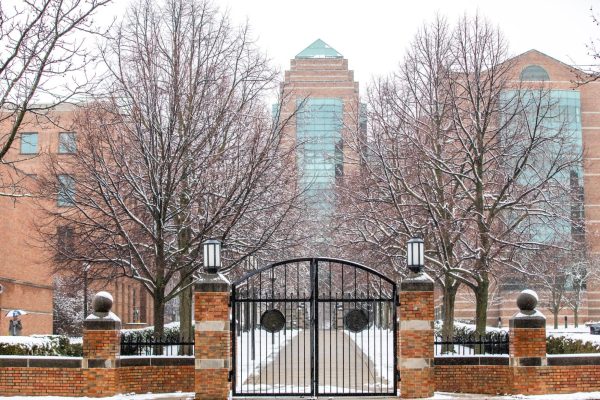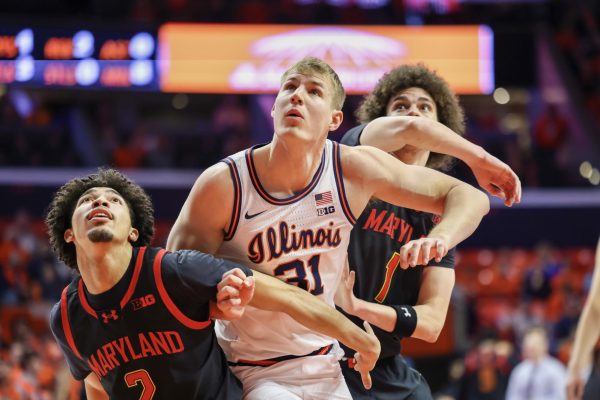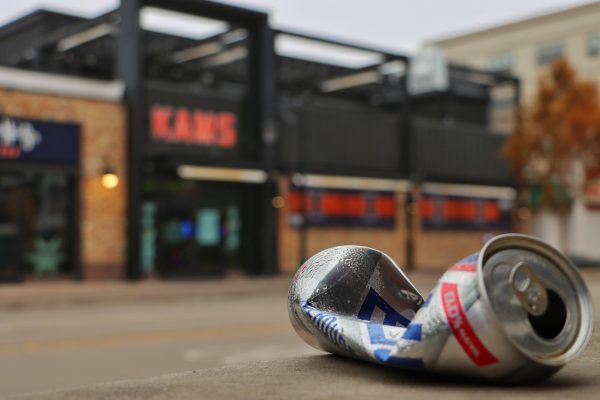Jamnesty concert benefits victims
Apr 21, 2009
Brad Bolton, junior in Engineering and member of the Amnesty executive board, said human trafficking is the third-largest and third-fastest growing criminal industry in the world. The Polaris Project, a group that helps survivors of human trafficking, estimates this “modern slaves” number to be around 2 million worldwide.
Thousands are trafficked throughout the U.S. every year, with cases being reported in all 50 states, he said.
“A lot of people think that it only happens in very impoverished countries,” Bolton said. “It has happened to American citizens, especially women, who are tricked by friends.”
Bolton added that this trickery often entails an alleged employment opportunity. Victims show up for what they assume is an interview and are then sequestered and their identifying documents confiscated. Threats and physical violence keep the victims complacent.
Massage parlors are common fronts for brothels staffed through human trafficking, Bolton said. The problem is grave enough that The New York Times will not accept advertisements from massage parlors, while The Washington Post is under fire from human rights groups for including advertisements for these establishments.
Get The Daily Illini in your inbox!
Bolton also pointed to Craigslist as a “huge problem” in regard to human trafficking.
“It’s surprising because we think we’ve advanced so much,” said Jon Wassell, senior in LAS and co-president of the University’s Amnesty branch. “Women of lower economic backgrounds, especially immigrants, are often targeted.”
According to a 2007 study conducted by The Cook County Commission on Women’s Issues, legal sex-related businesses such as strip clubs, massage parlors and escort services serve as fronts for 90 percent of the nationwide $14 billion sex trafficking industry.
Rachel Durchslag, executive director of the Chicago Alliance Against Sexual Exploitation, said that 16,000 to 24,000 people are trafficked throughout Chicago each year.
An additional 6,500 youths under age 18 are trafficked throughout Illinois each year.
“I know there are a lot of displaced people placed into areas around Chicago, but that’s based on trying to bring them back into society,” Wassell said, adding that organizations such as the Polaris Project try to place trafficking survivors away from where they were enslaved.
These organizations believe this helps avoid a repeating cycle, he added.
Amnesty will use the money raised by its benefit concert to buy gift cards to stores such as Target and Wal-Mart, he said. It will give these to the Polaris Project, which in turn will distribute them to victims of human trafficking trying to rebuild their lives.
“These women are left with nothing. It’s like bringing someone out of dire poverty,” Wassell said, comparing the situation to survivors of rape and abuse.
“It takes time to trust society again.”





